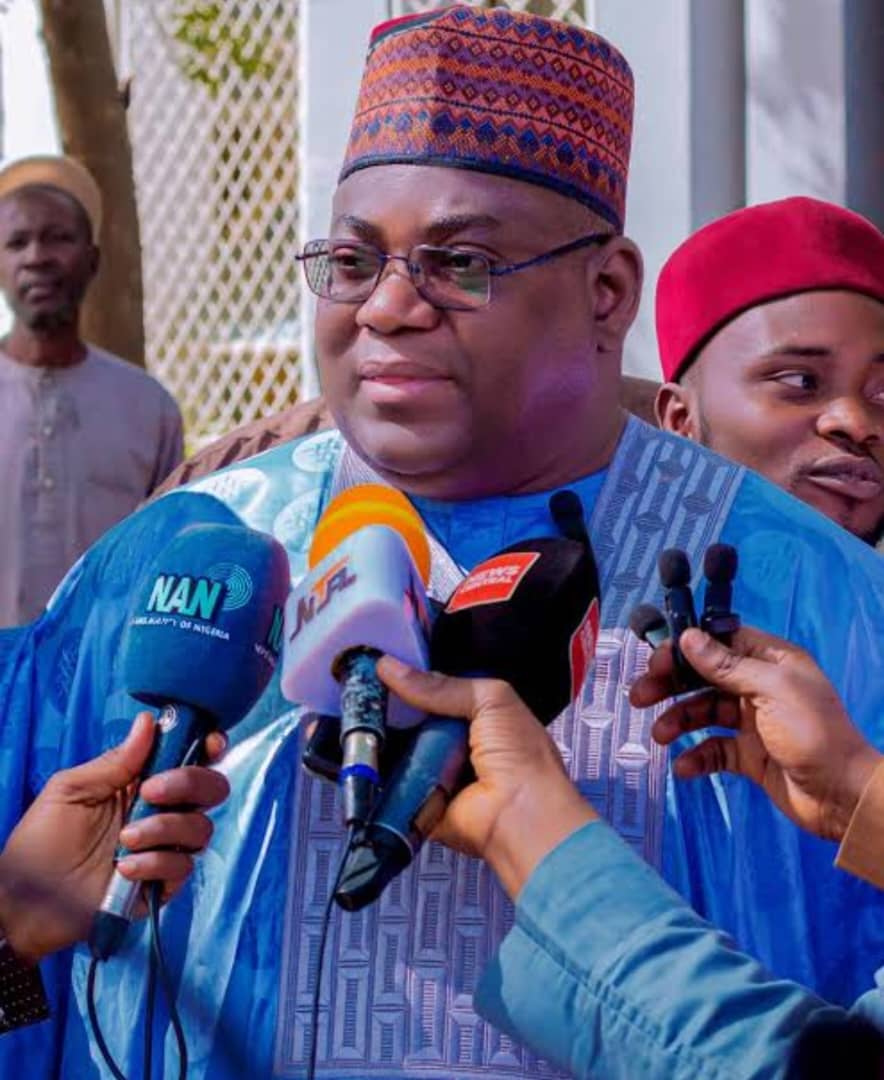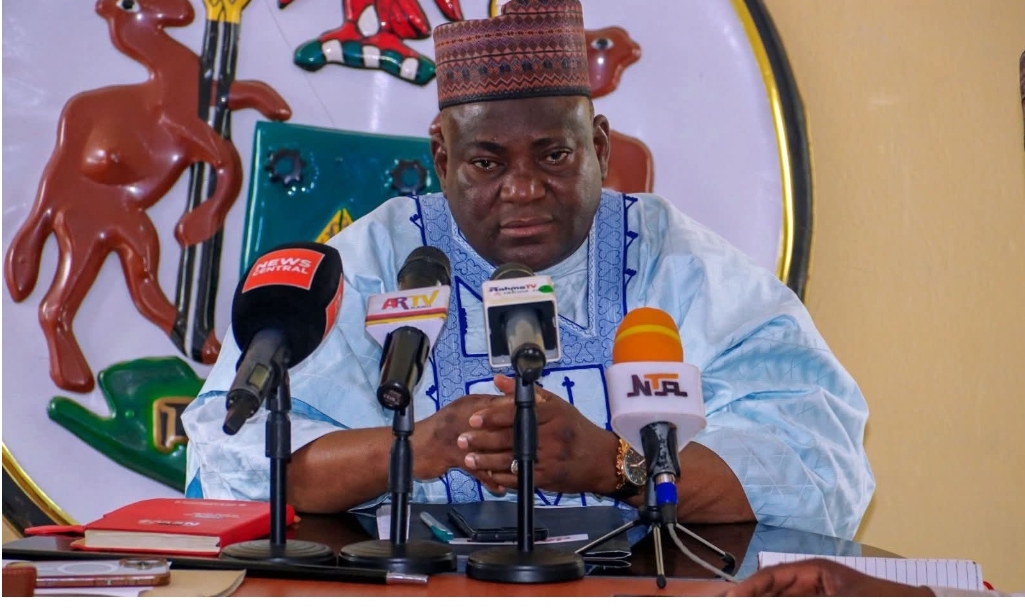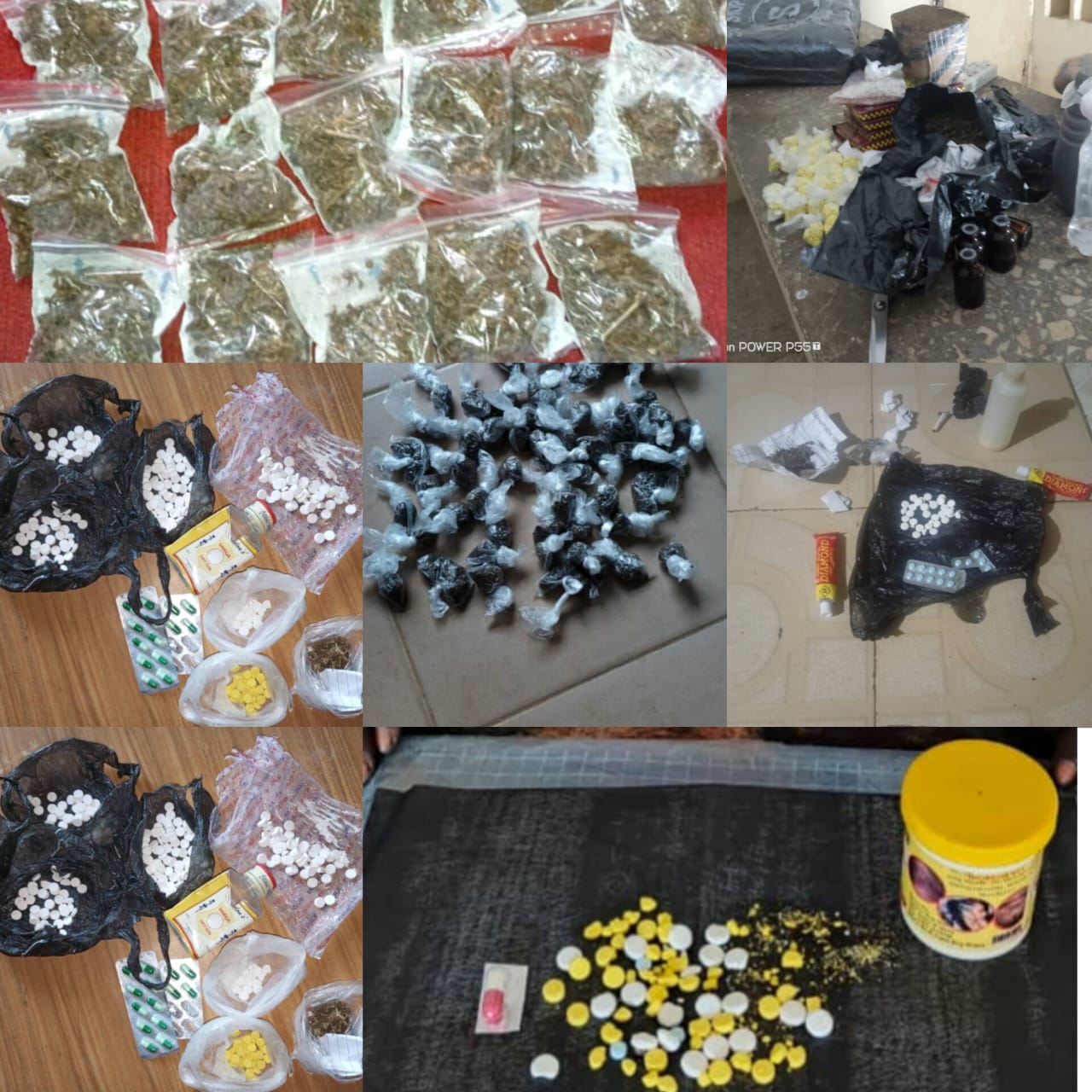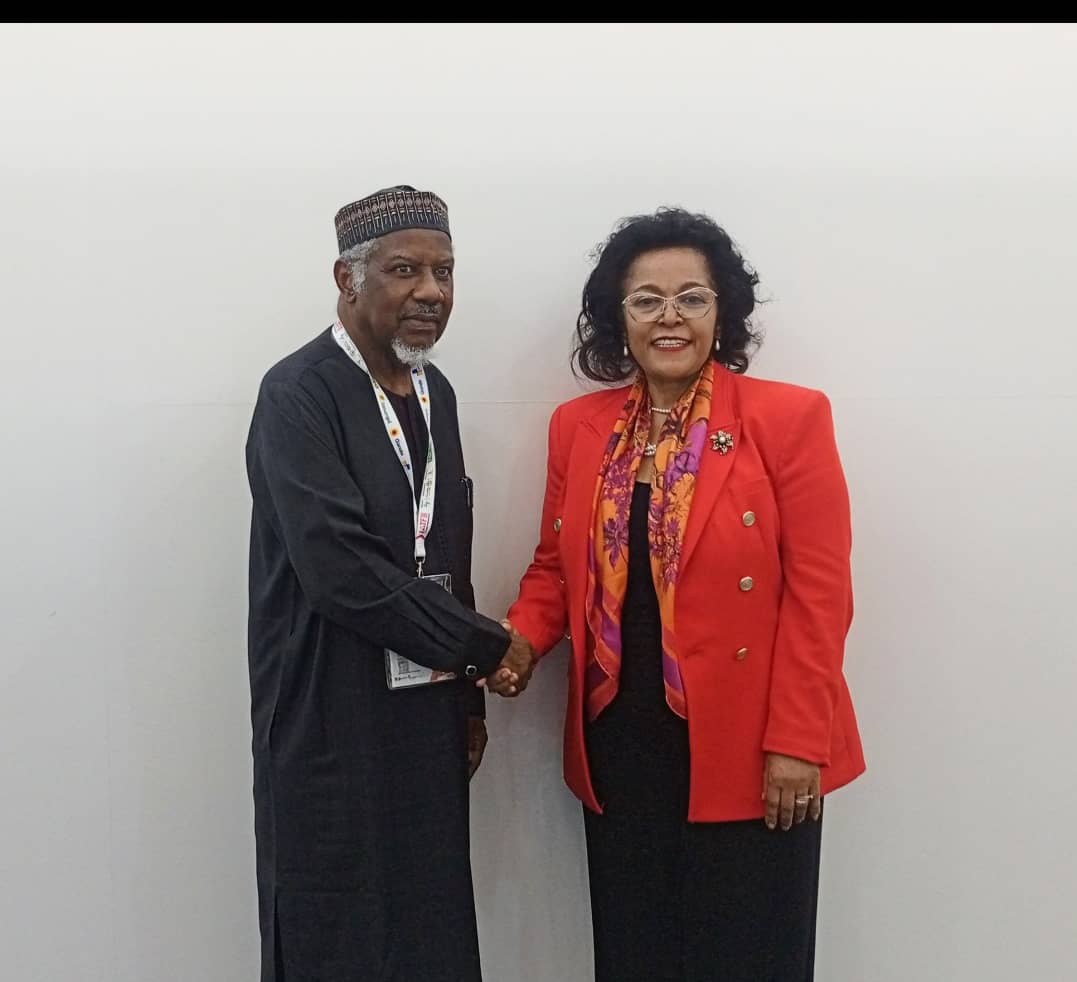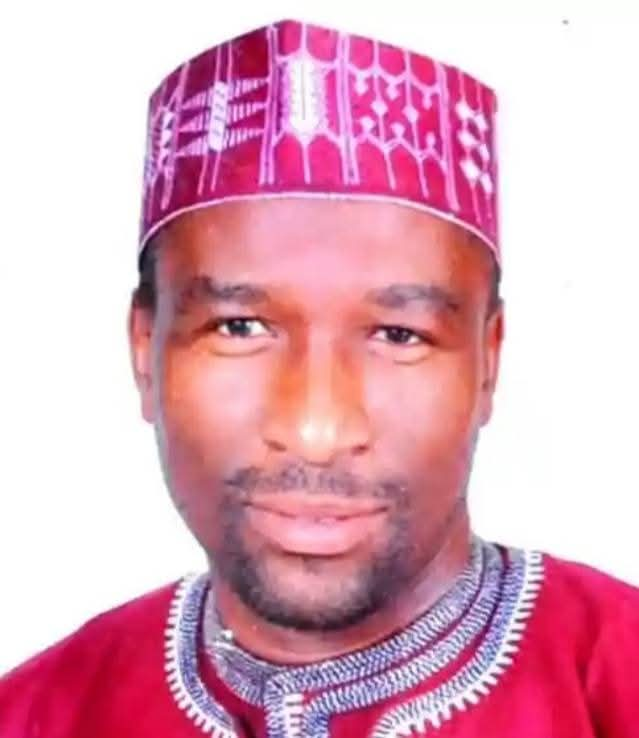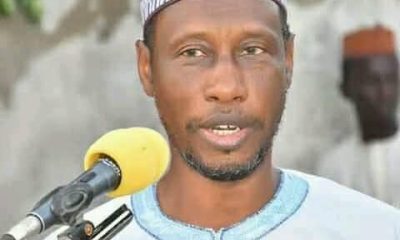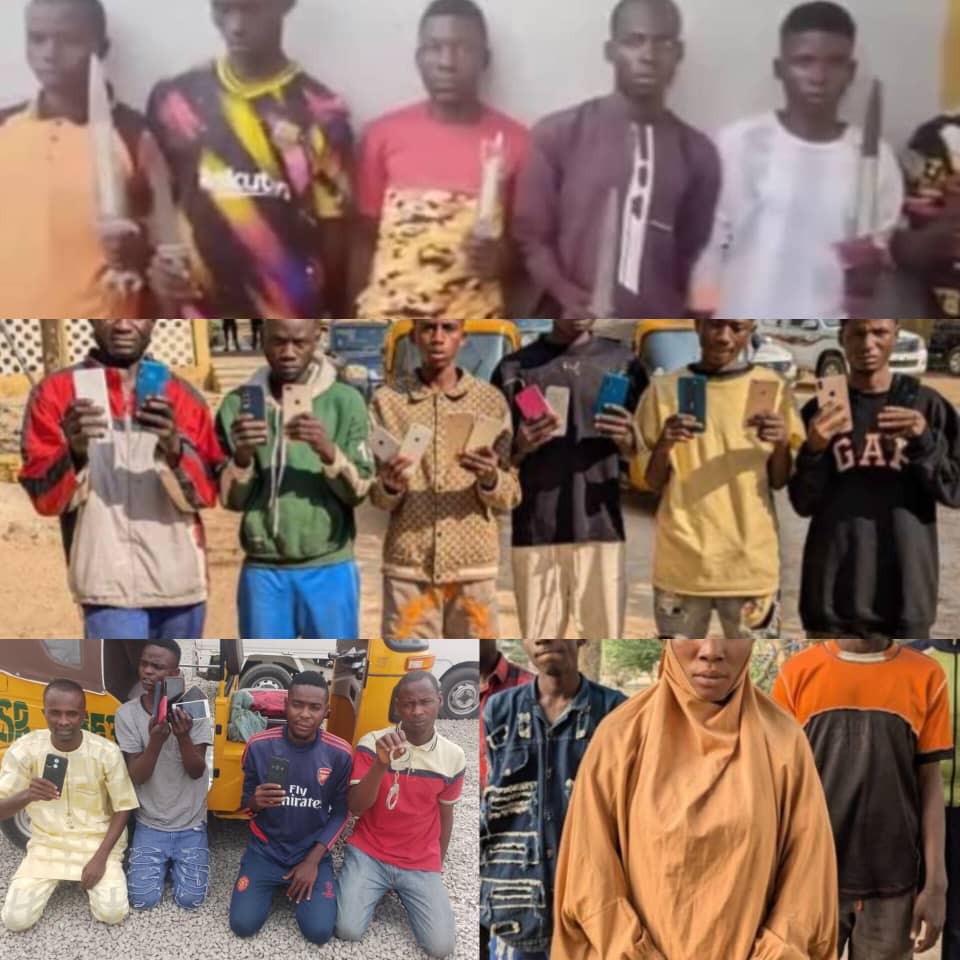Abubakar Abdullahi
Director General of Federal Radio Corporation of Nigeria, Mansur Liman has lamented what he described as self censorship of media practitioners in Government outfits.
Liman disclosed that the current administration has never meddled in its operations, blaming the failure for journalists to hold the government to account to personal decisions of journalists following their gains.
Read Also: IPC Harps on fully implementation policies on Journalists rights, safety
He made this disclosure on Wednesday as a panelist in a virtual meeting monitored by our correspondent at the 14th Wole Soyinka Centre for Investigative Journalism media lecture with the theme; Can democracy work without a strong sub- national media?
According to Liman, he has never given his staff barriers within which to operate despite being a government agency.
He said, “No body tells us what to do, I have been in this road for the past six years. No body has passed a paper to me to say I should not cover a particular story.
Read Also: Pictorials: Nigerian Army Holds Social Media Seminar in Sokoto
“What I found out coming from the BBC is because people in public Media have been there for ages they self censor themselves. It is a very difficult situation.”
Commenting further the Director General said due to immediate gains, some journalists abdicate their responsibilities, with the excuse that they are operating with a government organisation.
“When you have a journalist scrambling to be posted in a particular ministry, probably because of the things that they get. If that particular journalist is scrambling to be sent to the ministry of course when you send him, he won’t do the job that you want him to perform. So, it the condition of service and it makes matters worse because they go there because of what they get they don’t report what is supposed to be reported,” Liman added.
The FRCN DG called for more funding opportunities for journalists to execute investigative stories, stressing that efforts should be made to ensure the capacity building for journalists.
Read Also: Media, CSO Catalysts For Development In Budget Process And Implementation – Kofar Mata
He added, “I think in an issue of capacity, we need to work hard on our journalists to recognise their roles whether you are public or private. The constitutional role is one and the same. The public Media is paid by government, it is its responsibility so that we get the service because information is a fundamental human right and everybody in Nigeria.
“The finances given are not enough for the media to conduct certain things, if I want to conduct investigative journalism which will take thousands of dollars is hard for government to finance that is another issue we are facing and for the private donors it is hard for them to finance public Media thinking they are working for government.
“People should understand that given the right leadership, public media can work the way it should work, but it is alot of work I appeal for training for journalists as we work for services to be improved to deliver what they are supposed to deliver.”
In his closing remarks, Prof. Ropo Sekoni, Board Chairman, Wole Soyinka Centre for Investigative Journalism lauded participants, and participants, While urging for conscious efforts towards restoring the dignity of journalism.
He said, “I have been educated myself about the challenges facing us at corporate level we don’t have enough money to execute the job of a watch dog, even at the private level many of us are at the risk of training journalists to look for money first to do their own job their no other way to abuse any job than this.“

